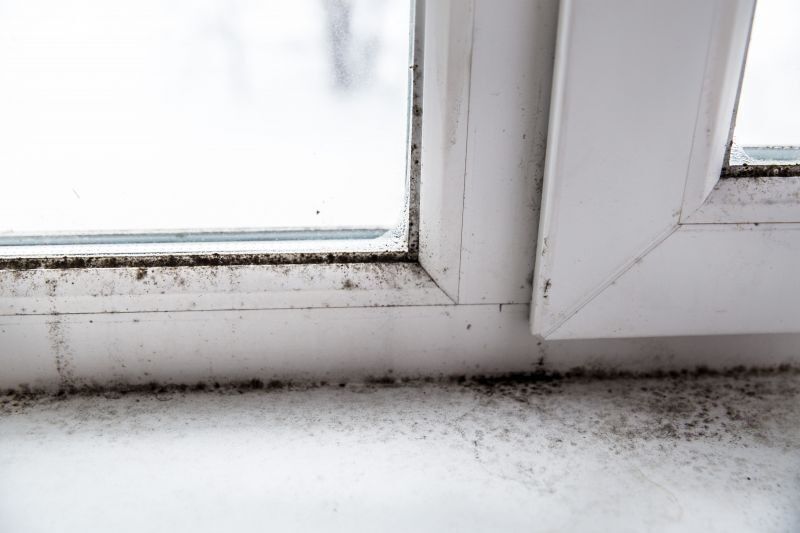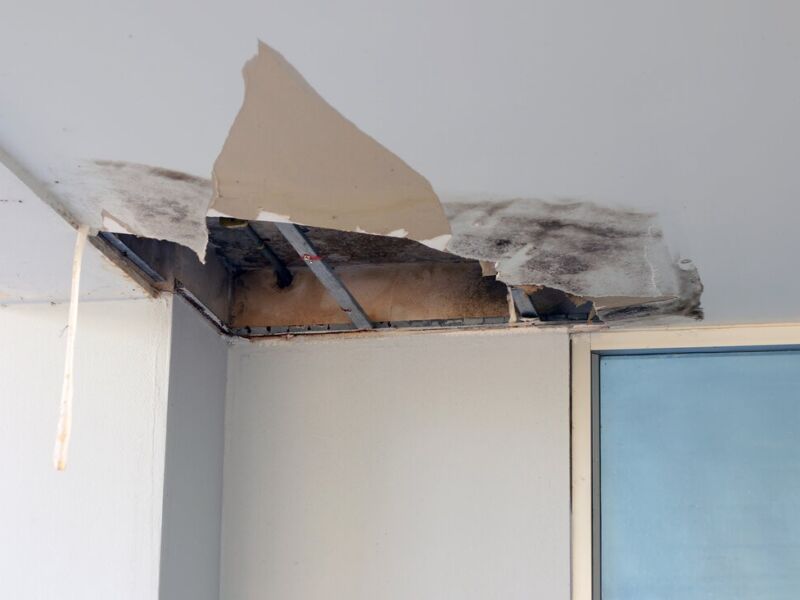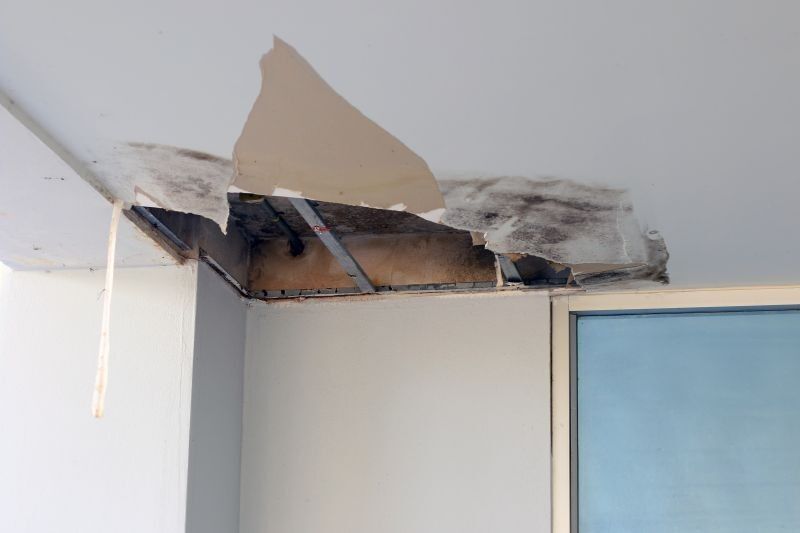
Introduction
Water damage can be a devastating and costly problem for homeowners. From burst pipes to flooding, the consequences of water damage can range from minor repairs to major renovations. It’s essential to take proactive steps to protect your home from water damage and minimize the risk of future incidents. In this article, we will discuss various strategies and maintenance techniques you can use to safeguard your property against water damage.
Understanding the Risks
Before diving into preventative measures, it’s important to understand the common causes of water damage in homes. These can include:
- Leaking or burst pipes
- Roof leaks
- Foundation cracks
- Improperly sealed windows and doors
- Poor drainage around the property
- Malfunctioning appliances
- Natural disasters, such as floods or storms
Assessing Vulnerable Areas
To effectively protect your home, it’s crucial to identify the vulnerable areas that are susceptible to water damage. These areas may include:
- Basements
- Attics
- Crawl spaces
- Exterior walls
- Windows and doors

Preventative Measures
1. Maintain Your Roof
Regularly inspect and maintain your roof to prevent water from seeping in. Replace any damaged or missing shingles, repair leaks promptly, and ensure proper ventilation to prevent moisture buildup.
2. Check and Maintain Gutters and Downspouts
Clean your gutters and downspouts regularly to ensure proper water flow. Remove any debris, such as leaves or twigs, that may clog the gutters. Install gutter guards to prevent blockages and redirect water away from your foundation.
3. Seal Windows and Doors
Check for any gaps or cracks around your windows and doors and seal them properly. Use weatherstripping and caulk to prevent water infiltration during rainstorms or floods.
4. Insulate Pipes
Insulate your pipes, especially those located in unheated areas such as basements or attics, to prevent freezing and potential pipe bursts during colder months.
5. Maintain Proper Drainage
Ensure that your property has proper drainage systems in place. Slope the ground away from your home’s foundation to prevent water accumulation near the structure. Install French drains or other drainage solutions if necessary.

6. Install a Sump Pump
If you live in an area prone to flooding, consider installing a sump pump in your basement or crawl space. A sump pump can help remove excess water and prevent flooding.
7. Regularly Inspect and Maintain Appliances
Keep an eye on your appliances, such as washing machines, dishwashers, and water heaters. Inspect them regularly for leaks or signs of damage. Replace hoses and connectors as needed and ensure proper maintenance to prevent water-related issues.
8. Be Mindful of Landscaping
When planning your landscaping, consider how it may affect water drainage. Avoid directing water towards your home’s foundation. Use landscaping features, such as swales or berms, to divert water away from vulnerable areas.
What to Do in Case of Water Damage
Despite taking preventative measures, accidents can still happen. If you experience water damage in your home, it’s important to take immediate action:
- Shut off the water source, if possible, to prevent further damage.
- Remove any standing water and dry the affected area thoroughly.
- Contact a professional water damage restoration company, like Water Damage Restoration Pros of Las Vegas, for emergency water removal and comprehensive restoration services. Their experts can efficiently handle water extraction, flood damage repair, and ensure the remediation process is done properly.
Important Facts and Statistics
Understanding the facts and statistics related to water damage can shed light on the significance of taking preventative measures:
- 10% of households waste over 90 gallons of water each day through minor leaks and drips.
- Homes in the United States leak over one trillion gallons of water every year.
- The first 24 to 48 hours after flooding are critical as mold and other microorganisms can begin to grow.
FAQs
What should I do after a flash flood?
Why is prompt flood restoration essential?
For more information on water damage restoration, visit Water Damage Restoration Collection Articles.
Sources:
- Water Damage Statistics (2023) – RubyHome.com
- Water Damage Restoration Pros of Las Vegas
- Starting Your Recovery After a Flood | FEMA.gov
Remember, taking preventive measures is essential in avoiding the need for expensive repairs and restoration. By implementing these strategies and staying vigilant, you can protect your home from the devastating effects of water damage.


